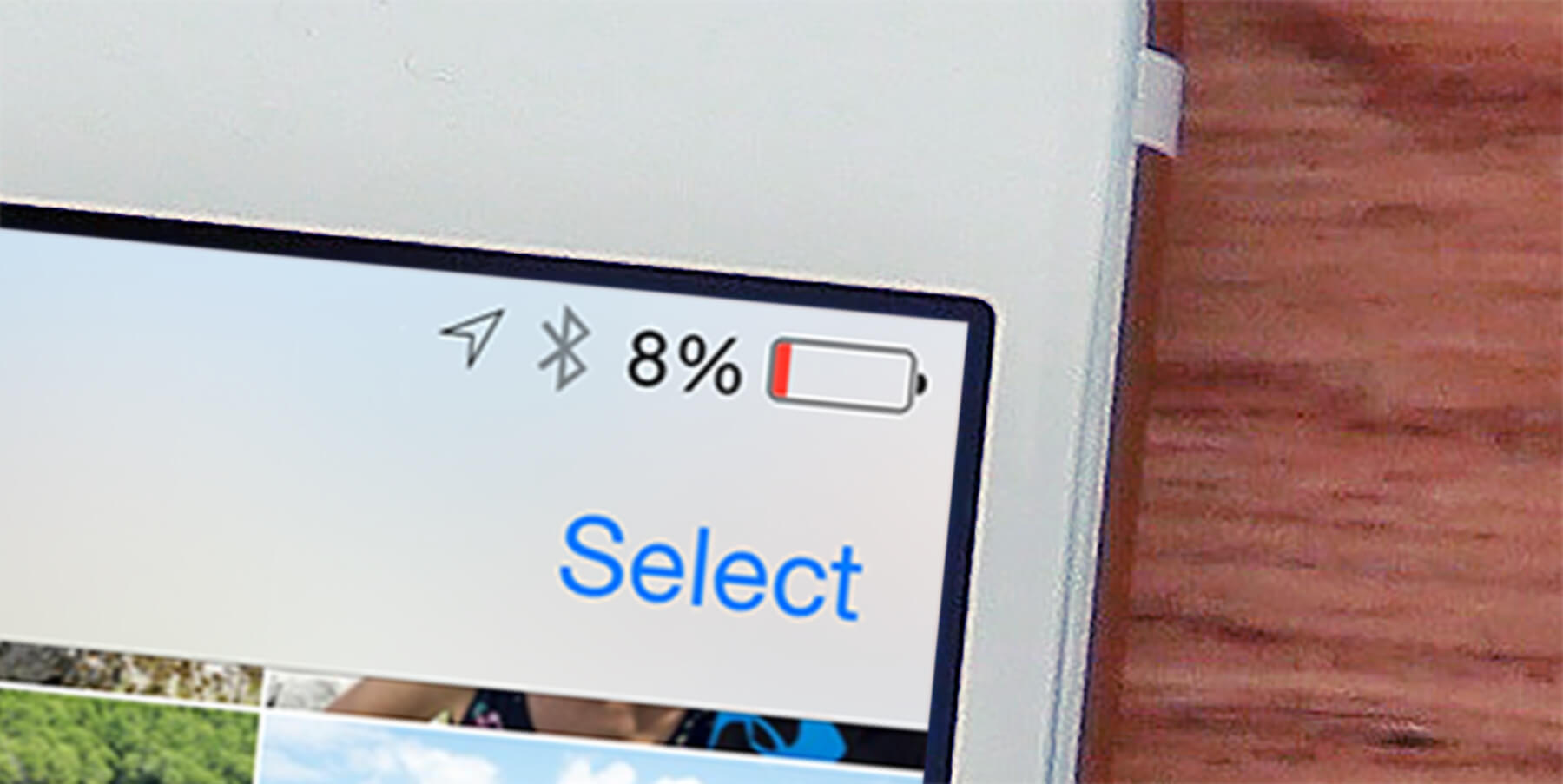The repercussions of #iPhoneSlow rage on, with Apple gradually making amends for controversial power management features introduced last year.
In fact, we detailed just yesterday how Apple was considering making things right with a cash rebate for customers who paid full price for replacement batteries.
Of course, the power management feature was introduced to combat unexpected shutdowns in older devices, in theory elongating the useful life of the device. Many people would actually want this feature active once they understand it – the problem was that until now, Apple didn’t give users any choice in the matter.
So we’re pleased to report one improvement that’s coming very soon: the addition of a Battery Health section in the Settings app. This is due to launch to the public with iOS 11.3 some time this month, but we’ve already got our hands on the beta version to take the new settings for a test drive.
In iOS 11.3, you’ll be able to check on the maximum capacity of your battery as it wears over time. Once it drops past a certain point, your iPhone will recommend that you get it to be replaced.
In terms of performance throttling, this will be enabled only after your iPhone experiences a random shutdown for a battery-related reason. After which, it will use power management to try to avoid the same thing happening again. In the cast that this happens, users can press disable to switch off this mode if they don’t like the idea of it, and take the risk of unexpected shutdowns.
The performance throttling functions are specific to the iPhone, with the larger batteries of the iPad not at risk of deteriorating nearly so much over time. That doesn’t mean nothing can ever go wrong with a large battery though – whether Apple will provide similar health checkup functions for the iPad remains to be seen.
If you want to see the new settings in action, iDownloadBlog has produced a nice hands-on video taking you through the new features. Check it out below.
We’ll let you know as soon as iOS 11.3 is officially released, and you can check out your device’s battery health for yourself.

